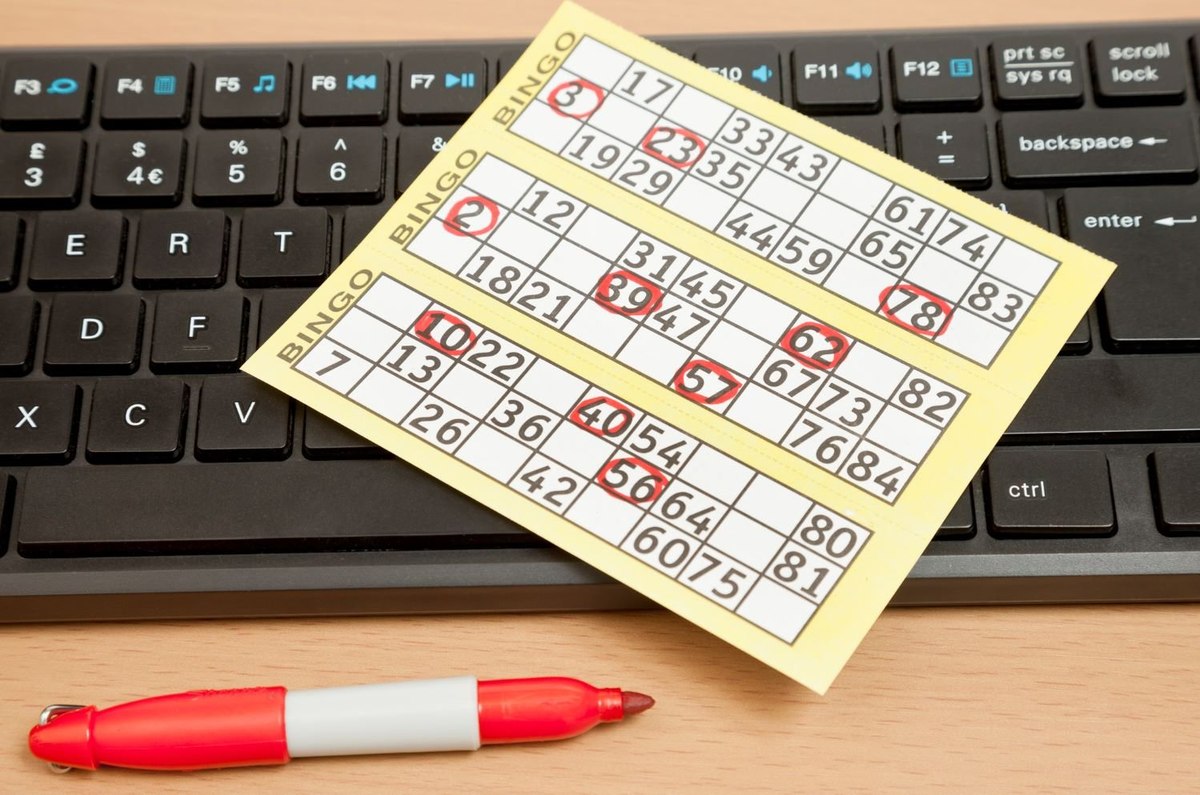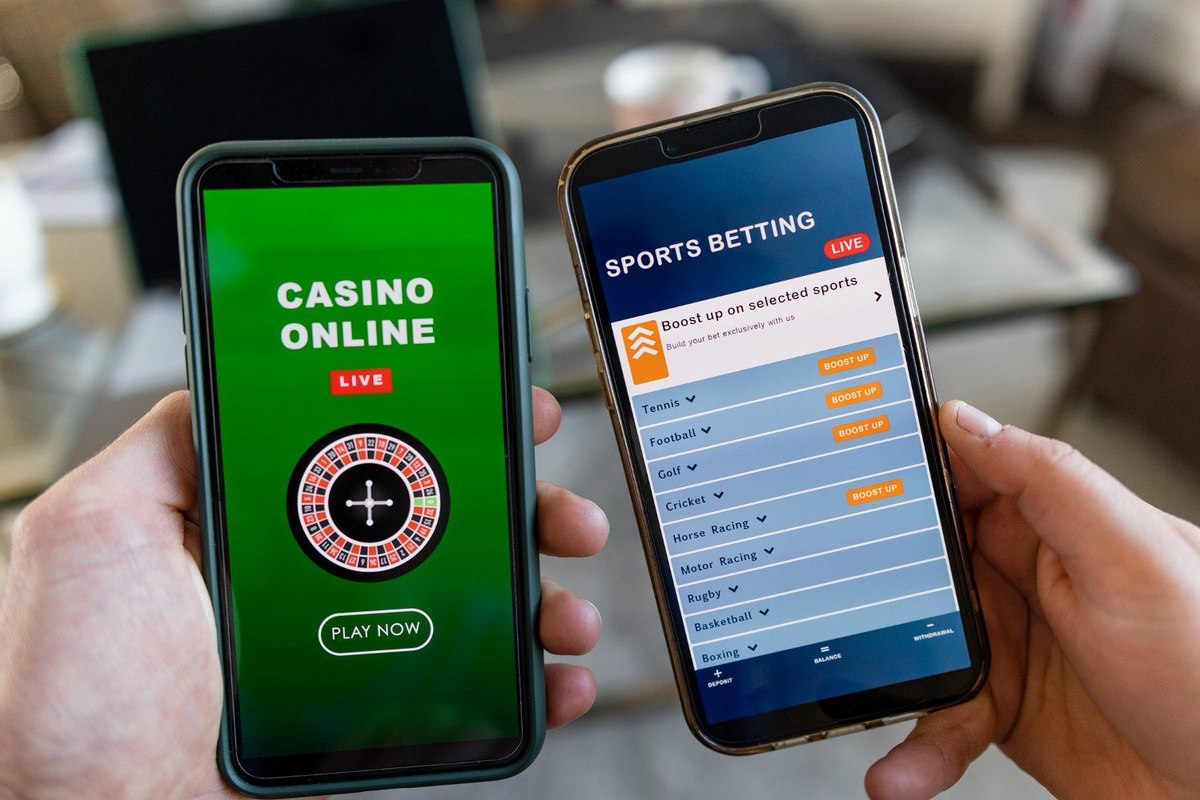
What distinguishes France’s high-staking gamblers from the rest?
Gamblers who stake more than €500 each month make up a small slice, just 9%, of all monthly gamblers in France (excluding those who only play lotteries). In this piece, we examine who these ‘high-staking bettors’ are, their betting preferences and what motivations fuel their betting behaviour.
The demographics
Relative to French gamblers who stake lower amounts each month, the high-staking bettors are slightly more likely to be male but are a significantly younger cohort. While 68% of high stakers are men compared with 61% of lower stakers, those aged 18-44 make up 74% of the high-staking cohort, but only 40% of lower staking gamblers.
Income data shows that high-staking bettors are no likelier to belong to higher-income groups than lower staking gamblers.
What do they bet on?
High-staking bettors are slightly more likely than lower staking bettors to have bet on sports online in the past month. Almost a quarter (24%) of both higher stakers have bet on sports online versus 22% of lower stakers, but when we look at offline sports betting the gap is wider with 22% of higher stakers having bet offline away from the track/stadium and 15% at a track/stadium, while for lower stakers it is only 16% and 5% respectively.
Away from sports the top online betting activity for higher stakers are casino table/card games (29% vs 7%), and poker (24% vs 10%). There is also a large gap for online slots (23% vs 7%), skill games (22% vs 6%), and bingo/keno (17% vs 11%). Other gambling such as spread betting, esports, fantasy sports and live streaming table games and game shows are also all stronger wth higher stakers.
Where lower stakers out-index higher stakers is on lottery games. 52% of lower stakers play lottery offline compared with only 23% of higher stakers (online 41% vs 16%), and the same pattern is true of scratch cards (44% vs 16% offline and 20% vs 14% online).
Which online bookmakers do they use, and how to they select one?
Looking at the online betting sites they use, the most used is FDJ for both groups, with 30% of higher stakers saying they used it in the past week but this is much less than the 57% of lower stakers. The proportions are closer for PMU (22% vs 20%). When we look across the other major brands we find that the higher stakers over-index on them all, in particular Unibet (16% vs 8%), Winamax (15% vs 10%) and Betclic (14% vs 9%).
When it comes to how high and low stakers pick an online betting provider, for higher stakers having an easy to use site/app comes top (31% vs 27%) and best selection of matches/events/sports (31% vs 15%), ahead of having a wide range of different gambling types (28% vs 17%) and best selection of slots/games to play (27% vs 11%).
Which sports do they bet on?
Looking at the type of sports bet on reveals that while high-staking bettors under-index quite significantly on football (28% vs 37% of lower stakers), and to an extent also with horse racing (10% vs 16%), they are more likely to have bet on almost every other sport in the past 12 months.
This includes basketball (20% vs 9%), tennis (19% vs 13%), rugby (17% vs 10%), esports (12% vs 4%), and greyhound racing (12% vs 1%) among others.
What fuels their betting choices?
Just over half of high-staking bettors say they only use betting sites that offer loyalty schemes (52%), significantly higher than the third of lower staking bettors (31%). But the attraction towards loyalty schemes does not keep high spenders tethered to one bookmaker – more than half of them agree they “like to try new gambling/betting sites that I’ve not come across before” (57% vs 31%).
Also they are more likely to be attracted by the offer of a free bet than lower staking players with 49% agreeing compared with 39% of lower stakers.
Methodology: data is taken from YouGov’s Global Gambling Profiles tool which interviewed a representative sample of 1,986 regular gamblers in April 2022 and November 2022. Fieldwork was completed online and all respondents are members of YouGov’s French panel of survey respondents.
















